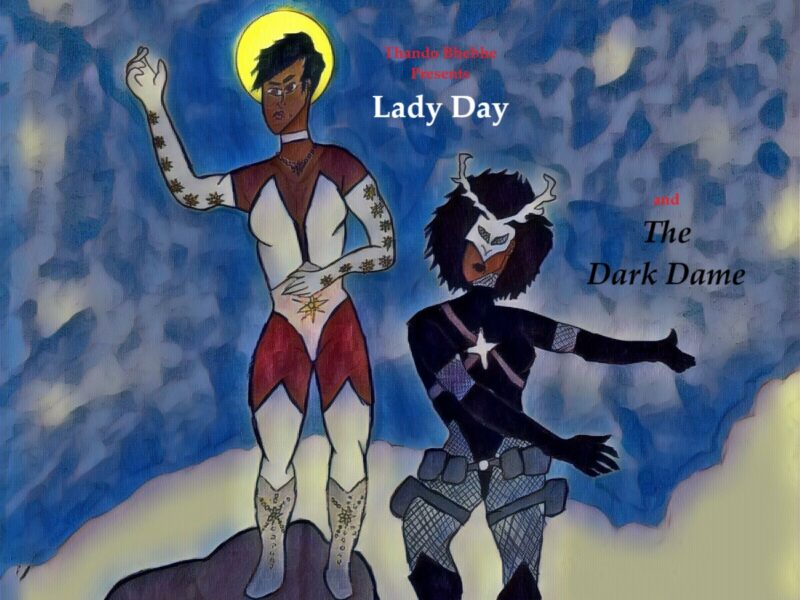Every day, advertisements bombard consumers with products to, presumably, improve their lives. From makeup to food, ads everywhere say, “Without this, you will never have the best life possible.” Magazines, television and movies all convey this message, profoundly impacting those trying to digest these images. Often, the pictures show slender women and men enjoying the riches of life. Through these images advertisers capitalize on a significant insecurity: body image, or weight.
Many people deal with these insecurities and fears through controlling their eating patterns. While some make minor changes in their diet, like incorporating more fruits and vegetables, others may go to very drastic extremes. Eating disorders occur for a number of reasons that vary from person to person. In general, disordered eating occurs when a person develops a very unhealthy relationship with food, whether eating too much or not enough. But it goes much deeper than just eating. Something Fishy, a website devoted to helping people who have eating disorders, as well as their friends and family explains that “eating disorders are about trying to make your whole life better through food and eating (or lack of).”
Those who study these disorders are still unsure of their causes. While depression or other mental illnesses may contribute, a very strong link exists between the sufferer’s environment and their mental state. This means outside forces tell individuals how to eat and how look.
According to a 2002 survey published in The Human Face of Mental Health and Mental Illness in Canada 2006 by the Canadian government, about 1.5 per cent of females aged 18 – 24 had an eating disorder. Of this 1.5 per cent, ten per cent will die within ten years of the onset of the illness, making eating disorders some of the most lethal mental disorders. In 2005, it was reported that roughly 500,000 Canadians had eating disorders. If ten per cent of these people died, that would equal about 50,000 deaths.
Our society’s seemingly obsessed – not only with food, but also with being thin.
Sometimes, these messages collide – and contradict one another. Television ads for McDonald’s, or many other fast food chains, use celebrities or athletes eating their food. We all know what these fast food joints serve up, but these commercials send the message that you can regularly eat this food and still maintain the “hot” slender physique.
But it’s not just the fast food chains manipulating consumers this way. Even commercials that appear to give positive images often aren’t. Rebecca Godderis, a Health Studies professor at Laurier Brantford, had a discussion with her Gender Theories class about the Dove “Campaign for Real Beauty.” On the surface, the conferences Dove holds are supposed to empower young girls. Through seminars and lectures from powerful and confident women, Dove tries to teach girls that beauty comes from within.
But many don’t realize that the company that owns Dove, Unilever, also owns another gender-oriented product: Axe. Axe, a body spray for men, portrays women as highly sexual, and obviously busty and slender in their commercials.
Some of these commercials show the lead man running from a crowd of bikini clad women, sending the message that every woman will want you if you use this product. The men are never particularly muscular men, and often appear to be average Joes. Even Dove’s Canadian website for the campaign features half-naked, slender women on the homepage. So while Dove tells girls to be confident and proud of who they are, Axe, a product under the same corporate umbrella as Dove, tells men that women should look and act in very sexualized ways.
With this pressure, it’s hard to keep a stable head and not get lost in the slew of diet books coming out almost weekly. But what is important is to be aware of what you’re consuming in your media diet. Godderis believes media literacy is key to helping combat this rigid, consumer-based form of beauty. If you know what you’re seeing isn’t realistic, and that you are who you are because you were made that way, then you’re on the right track. Beauty takes many forms, and cannot be defined by people out to make money.



